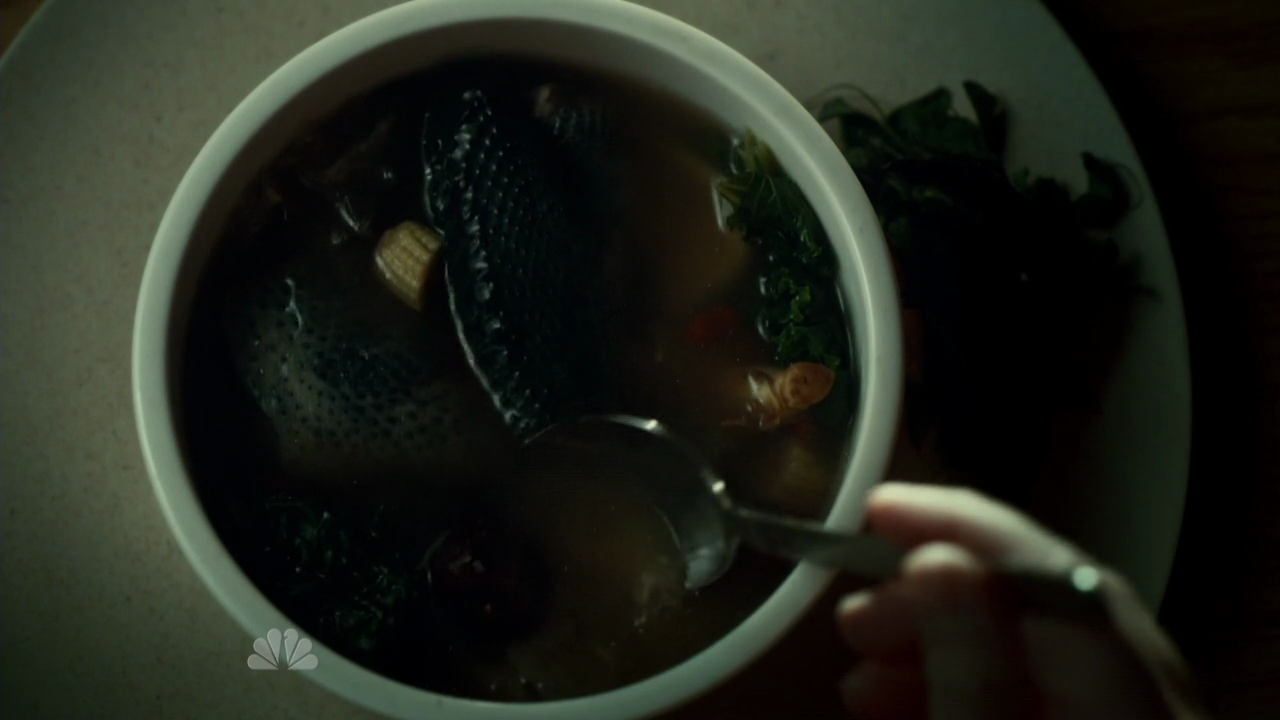 RELEVÉS: Properly “removes,” but best understood in the sense of a relief pitcher, with the idea being that the course replaces the previous one. In practice, it is the big set-piece course, and so functioning much the same way that “Rôti” did.
RELEVÉS: Properly “removes,” but best understood in the sense of a relief pitcher, with the idea being that the course replaces the previous one. In practice, it is the big set-piece course, and so functioning much the same way that “Rôti” did.
GEORGIA MADCHEN: They say what’s wrong with you?
WILL GRAHAM: Just the fever. They’re trying to find out what else.
GEORGIA MADCHEN: They won’t find anything. They’ll keep looking and keep giving you tests and keep giving you false diagnosis and bad medicine. But they won’t find anything wrong. They’ll just know you’re wrong. (Pause) I hope you have good insurance.
One assumes the FBI has decent insurance, but it’s a delightful joke and, given how little time we actually get to spend with an on-the-mend Georgia, probably the key
The sense of being wrong, as opposed to having something wrong with you, is a deep-seated fear for Will. It’s worth recalling his description of the Chesapeake Ripper as “one of those pitiful things sometimes born in hospitals” that fails to die, a description that puts Hannibal in much the same place.
GEORGIA MADCHEN: They said I might remember what I did. I don’t want to remember.
WILL GRAHAM: You know what you did, Georgia.
GEORGIA MADCHEN: But I don’t remember it. I don’t remember it like I did it. It feels more like some horrible dream where I killed my friend.
Thankfully this comes well after Moffat’s use of a similar line in “The Wedding of River Song,” and so we can safely conclude that any influence was on Fuller and company as opposed to the other way around. Nevertheless, this serves as a late echo of the themes of identity and memory in “Rôti.” What’s striking is the aspirational approach that Hannibal takes to the conjunction of memory and identity. Georgia wants to control what she remembers so she can control who she is.
HANNIBAL: Silkie chicken in a broth. A black boned bird prized in China for its medicinal value since the 7th century. With wolfberries, ginseng, ginger, red dates and star anise.
WILL GRAHAM: You made me chicken soup.
The script calls says, “Hannibal offers a supportive smile. Of course he did,” but Mikkelsen’s reaction, which is considerably funnier, has him looking slightly miffed at Will’s reductiveness. Would Hannibal still have turned on Will if he hadn’t insulted his soup? Probably, but still.
It’s also notable that the black boned chicken makes this one of the rare meals we can confirm is non-cannibalistic. (Although “a broth” offers some concern.)
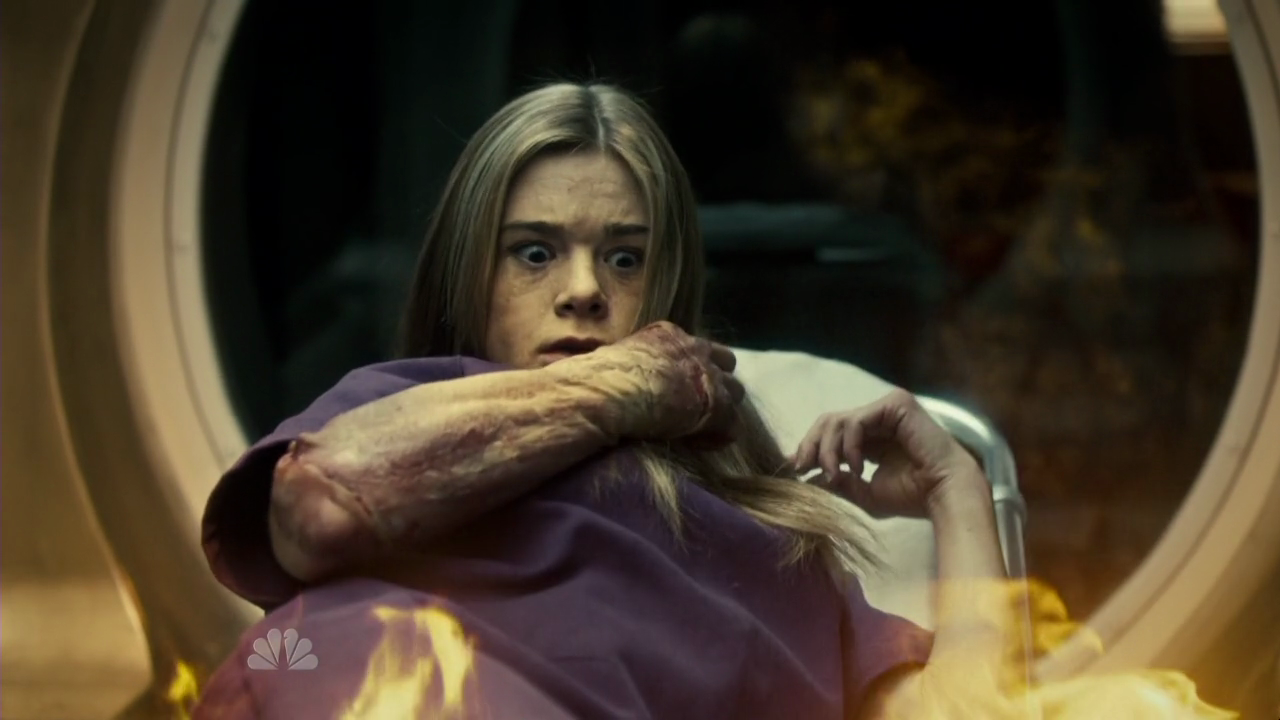
Amusingly obscured from all subsequent discussion of this murder is how Hannibal successfully tampered with Georgia’s oxygen chamber to both remove her grounding bracelet and slip a plastic comb in. This is probably for the best, as calling attention to it would damage the “he might not literally be the devil” interpretation that the show takes such tortured pains to maintain the faint plausibility of.
Given that Georgia’s issues with memory provide a thematic counterpoint to Gideon, it’s a pity room for her couldn’t be found in “Rôti,” as her swift incineration in this episode seems like a waste of a character who, while she probably didn’t have a substantial arc in her, was still probably good for a few more scenes.…
Continue Reading
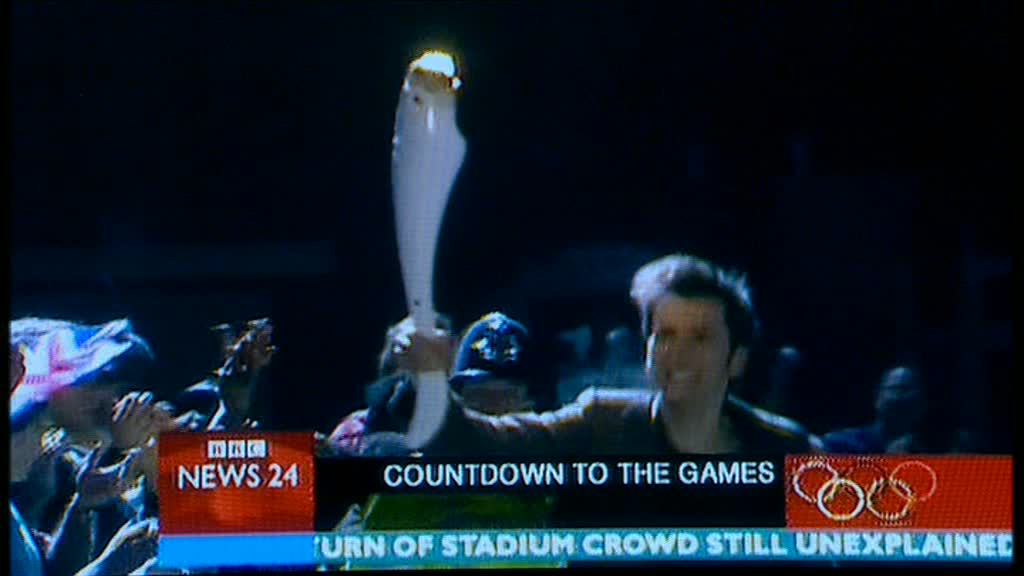 Yes, the Drunken Whocast returns. It is now, undeniably, a regular thing. Some guys – Jack, Kit, and Daniel this time – in varying and progressing stages of shitfacedness, talking far too much about Doctor Who.
Yes, the Drunken Whocast returns. It is now, undeniably, a regular thing. Some guys – Jack, Kit, and Daniel this time – in varying and progressing stages of shitfacedness, talking far too much about Doctor Who. 
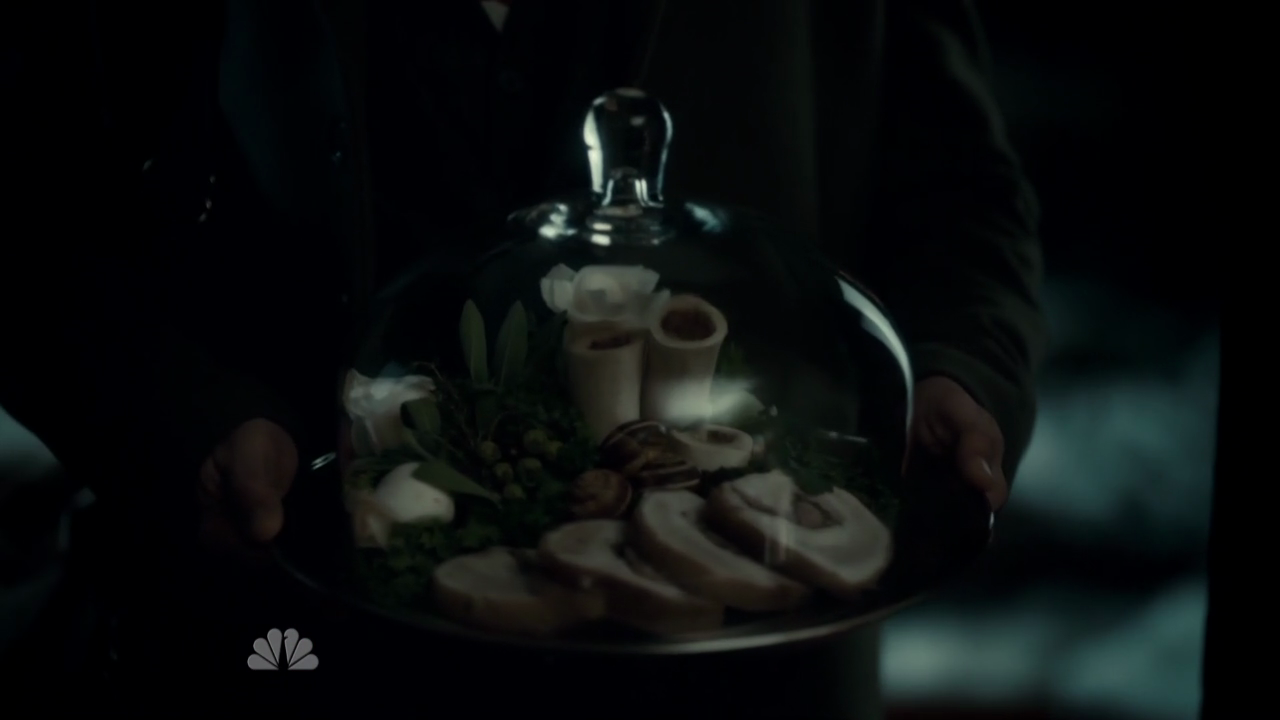 The Patreon is healthily above $320 now
The Patreon is healthily above $320 now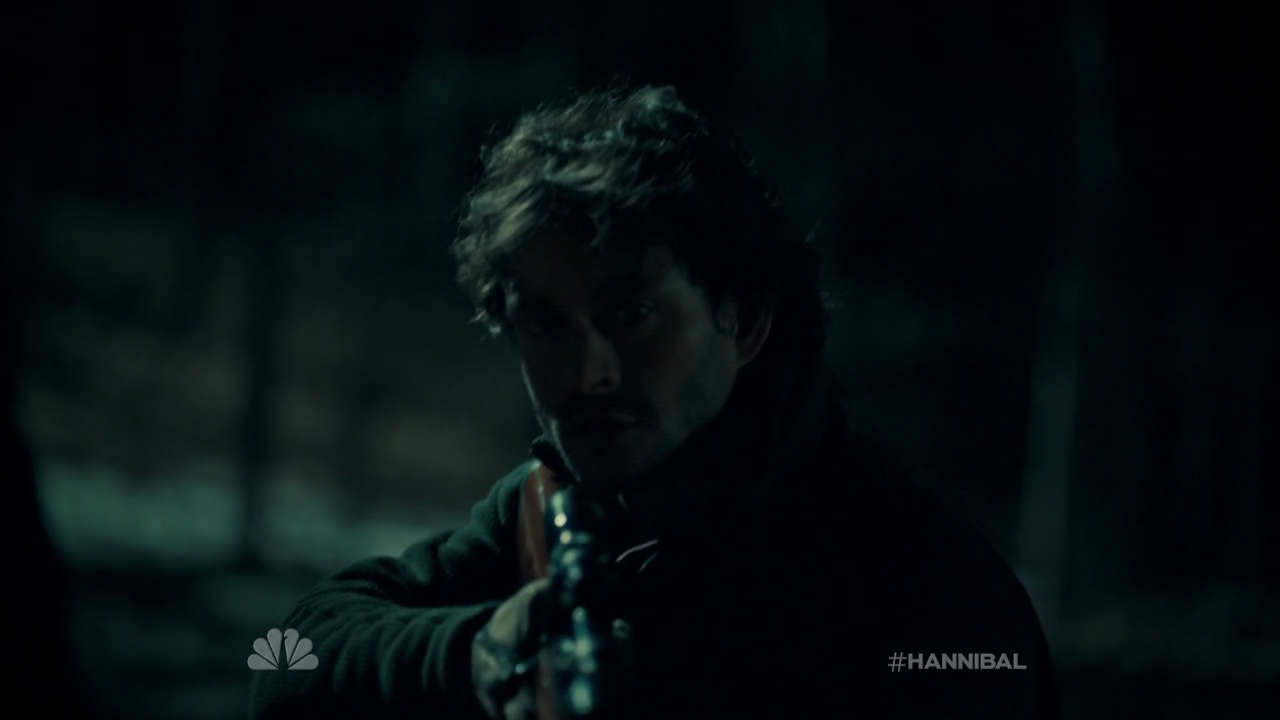
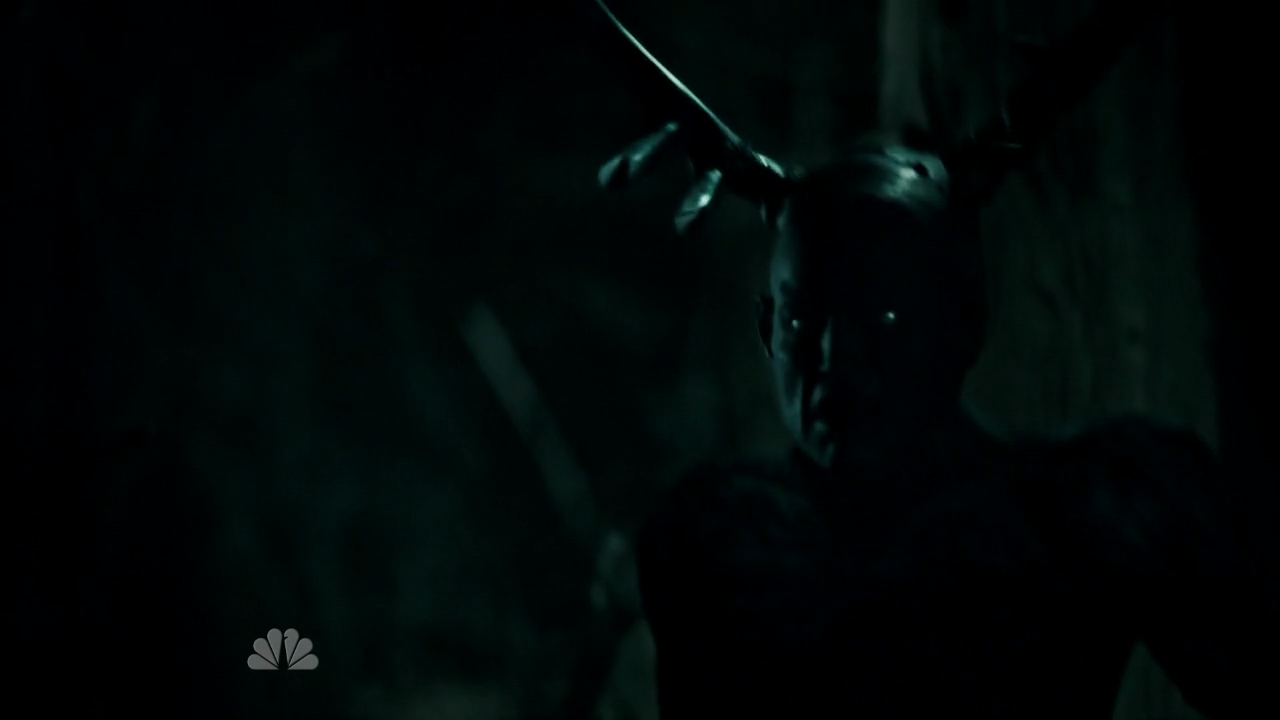
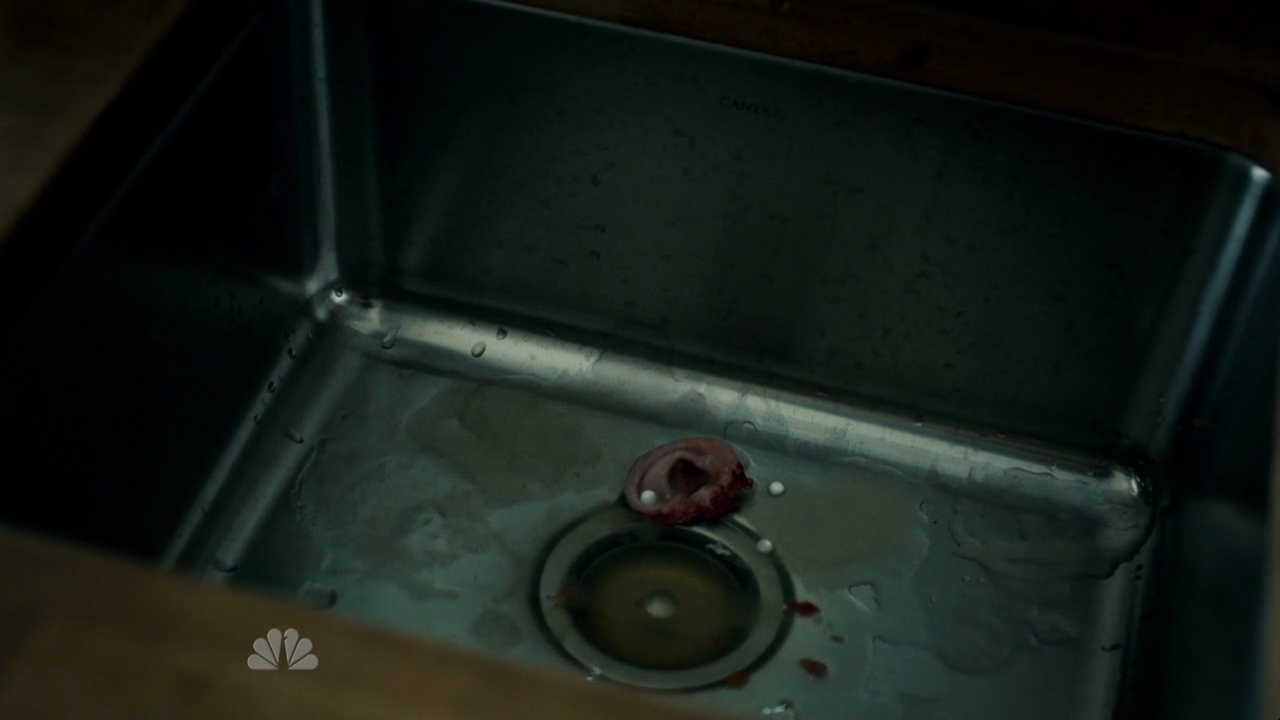
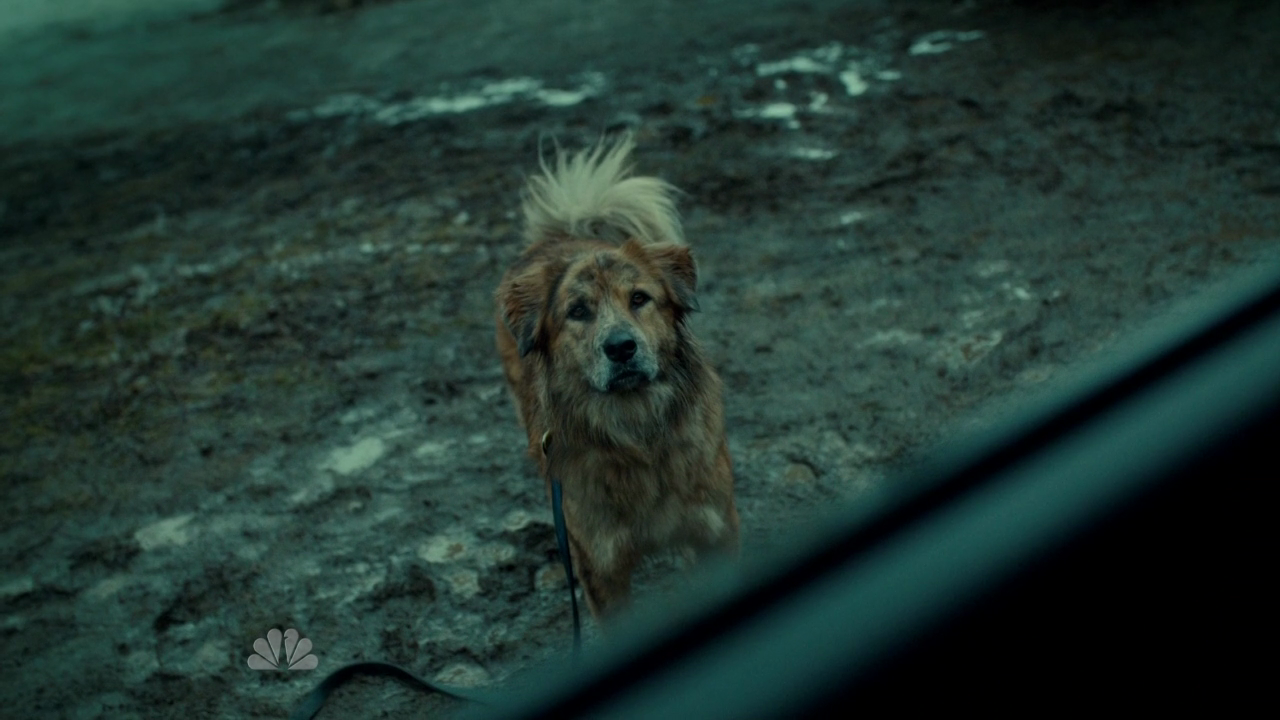

 RELEVÉS: Properly “removes,” but best understood in the sense of a relief pitcher, with the idea being that the course replaces the previous one. In practice, it is the big set-piece course, and so functioning much the same way that “Rôti” did.
RELEVÉS: Properly “removes,” but best understood in the sense of a relief pitcher, with the idea being that the course replaces the previous one. In practice, it is the big set-piece course, and so functioning much the same way that “Rôti” did.